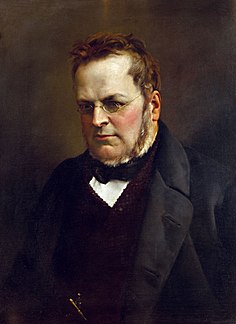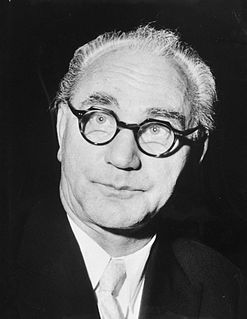The Greens of Andorra is a green political party in Andorra.

Parliamentary elections were held in Iceland on 25 April 1987. The Independence Party remained the largest party in the Lower House of the Althing, winning 12 of the 42 seats.

Parliamentary elections were held in Norway in 1891. The result was a victory for the Liberal Party, which won 63 of the 114 seats in the Storting. The Conservative Party and the Moderate Liberal Party contested the elections in an alliance, although separate lists were used in some constituencies.

Parliamentary elections were held in Bulgaria on 18 November 1945, the country's first to feature universal suffrage for women. The Bulgarian Agrarian National Union and the Bulgarian Communist Party both won 94 seats. Voter turnout was 84.8%.

Early parliamentary elections were held in Moldova on 27 February 1994. They were the country's first competitive elections, and followed deadlock in Parliament over the issue of joining the Commonwealth of Independent States. The result was a victory for the Democratic Agrarian Party of Moldova, which won 56 of the 104 seats.
Elections to the Supreme Soviet were held in the Soviet Union on 12 March 1950.

Parliamentary elections were held in Bulgaria on 24 December 1939, although voting continued in some areas into January 1940. The elections were officially held on a non-partisan basis with the Bulgarian Agrarian National Union and Bulgarian Communist Party banned, and in a process tightly controlled by Tsar Boris III, by then the real power in the country. However, candidates representing parties did contest the elections. Pro-government candidates won a majority of seats. Voter turnout was 67.2%.

General elections were held in Italy on 27 January 1861, with a second round on 3 February. The newly elected Parliament first convened in Turin on 4 March 1861, where, thirteen days later, it declared the unification of the country as the Kingdom of Italy.

General elections were held in Italy on 23 May 1886, with a second round of voting on 30 May. The "ministerial" left-wing bloc emerged as the largest in Parliament, winning 292 of the 508 seats. As in 1882, the election was held using small multi-member constituencies with between two and five seats.

General elections were held in Portugal on 28 April 1918, following a coup by Sidónio Pais in December 1917. The elections were boycotted by the Democratic Party, the Evolutionist Party and the Republican Union, who had won over 90% of the seats in the 1915 elections.

Parliamentary elections were held in Portugal on 11 May 1919. The three main parties that boycotted the 1918 elections returned to contest the elections. The result was a victory for the Democratic Party, which won 86 of the 163 seats in the House of Representatives and 36 of the 71 seats in the Senate.

Parliamentary elections were held in Portugal on 30 October 1938. The country was a one-party state at the time and the National Union was the only party to contest the elections, with no opposition candidates allowed to run.

Parliamentary elections were held in Portugal on 1 November 1942. The country was a one-party state at the time and the National Union was the only party to contest the elections, with no opposition candidates allowed to run.
Folketing elections were held in Denmark on 7 June 1864. The National Liberal Party emerged as the largest faction, winning 40 of the 101 seats. Following the elections, Christian Albrecht Bluhme became Prime Minister on 7 July.

The United Labour Social Democratic Party was a political party in Bulgaria.
The Tenants' Union was a political party in Estonia.
Folketing elections were held in Denmark on 14 June 1855 in order to approve amendments to the constitution. Peter Georg Bang remained Prime Minister following the elections.
Folketing elections were held in Denmark on 14 June 1858. Carl Christian Hall remained Prime Minister following the elections.
Folketing elections were held in Denmark on 14 June 1861. Carl Christian Hall remained Prime Minister following the elections.
Folketing elections were held in Denmark on 14 November 1873. The result was a narrow victory for the Højre Coalition, which won 51 of the 101 seats. Ludvig Holstein-Holsteinborg remained Prime Minister following the elections.














